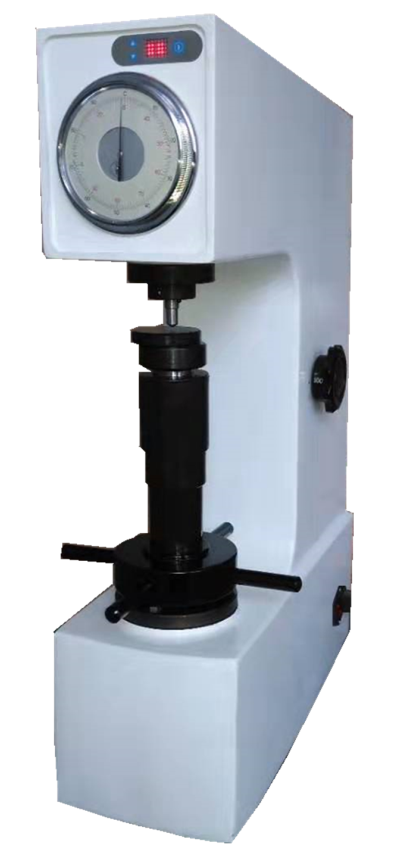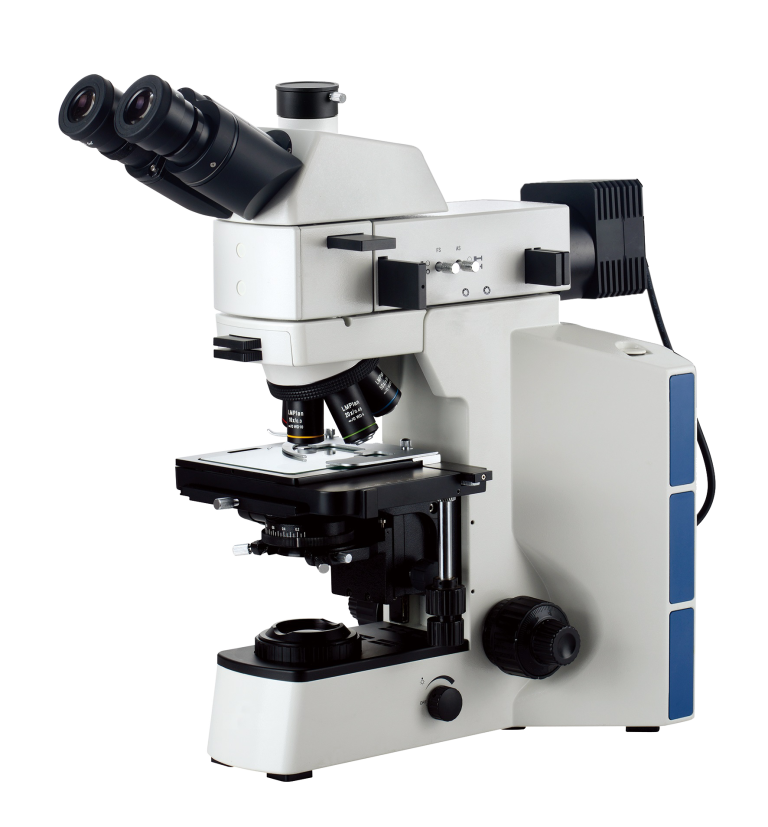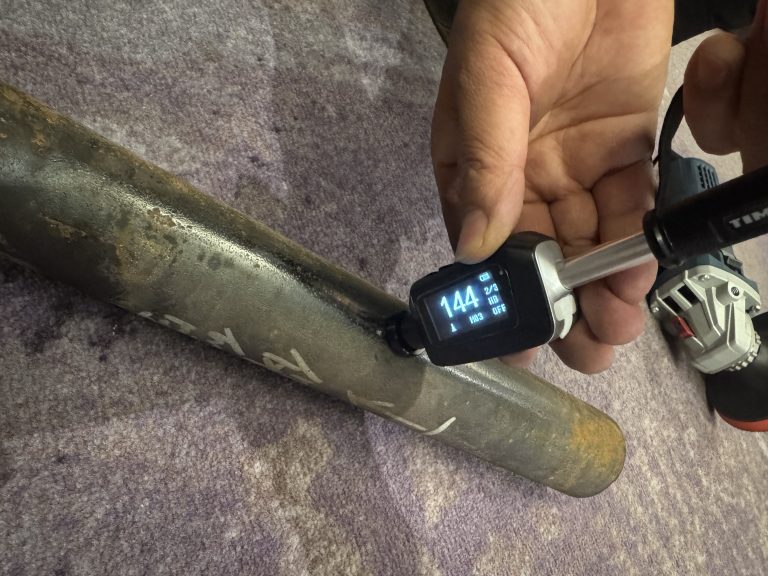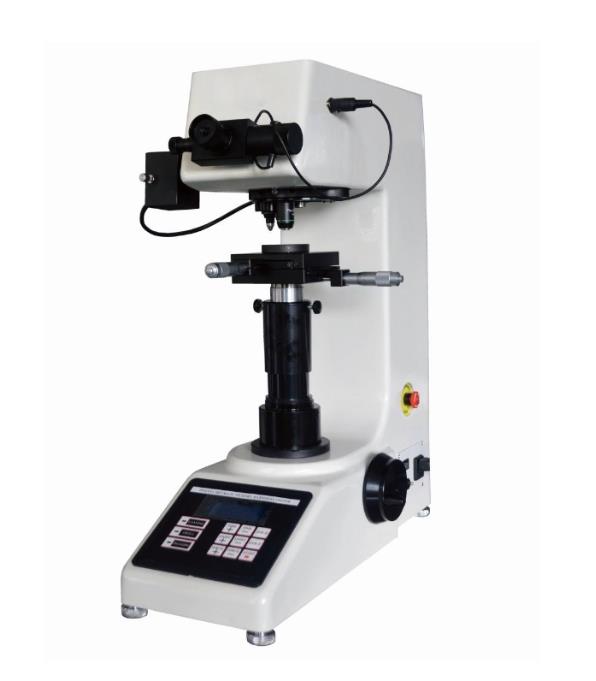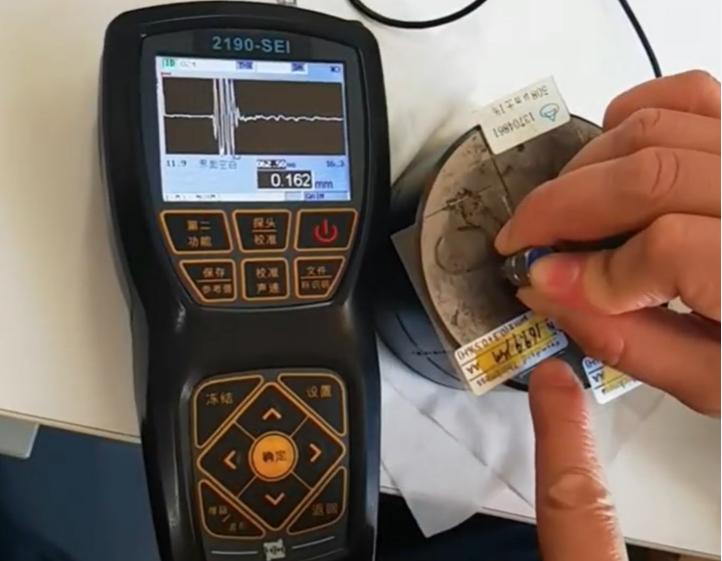Tensile testing machine is a crucial tool used in various industries to determine the mechanical properties of materials. It applies a pulling force on a specimen until it reaches its breaking point, allowing engineers and scientists to understand how materials behave under tension. This article will explore the importance of tensile testing machines and their applications in different fields.
1. Quality Control:
Tensile testing machines play a vital role in quality control processes. Manufacturers use these machines to test the strength and durability of materials before they are used in production. By subjecting materials to controlled tension, engineers can assess their performance and ensure they meet specific standards. This helps prevent the use of faulty materials in manufacturing processes, reducing the risk of product failures and increasing overall quality.
2. Material Selection:
Tensile testing machines aid in the selection of suitable materials for specific applications. Different industries require materials with specific mechanical properties, such as strength, elasticity, and ductility. By testing various materials using a tensile testing machine, engineers can determine which material is best suited for a particular application. This ensures that the chosen material can withstand the expected loads and stresses it will encounter in its intended use.
3. Research and Development:
Tensile testing machines are indispensable in research and development processes. Scientists and engineers use these machines to study the behavior of new materials or to improve existing ones. By subjecting materials to controlled tension and measuring their response, researchers can gather valuable data on material properties. This data helps in the development of new materials, such as alloys or composites, with enhanced strength and performance characteristics.
4. Structural Analysis:
Tensile testing machines also aid in structural analysis. Engineers use these machines to evaluate the strength and integrity of structural components, such as beams, columns, and cables. By subjecting these components to controlled tension, engineers can determine their load-bearing capacity and identify potential weaknesses. This information is crucial in designing safe and reliable structures, ensuring they can withstand anticipated loads without failure.
5. Compliance with Standards and Regulations:
Many industries have specific standards and regulations that materials must meet. Tensile testing machines are used to ensure compliance with these requirements. By testing materials using standardized procedures, manufacturers can provide certification that their products meet the necessary criteria. This is particularly important in industries such as aerospace, automotive, and construction, where safety and reliability are paramount.
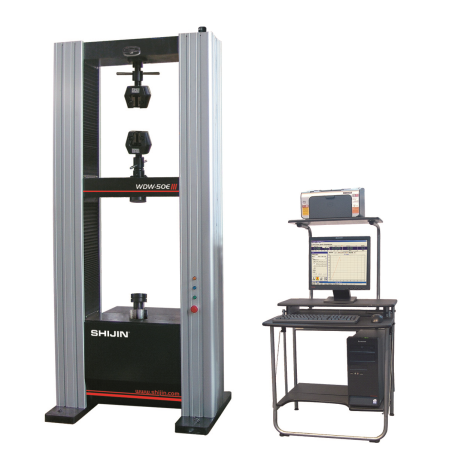
Tensile testing machines are essential tools in various industries. They enable quality control, aid in material selection, support research and development, facilitate structural analysis, and ensure compliance with industry standards. By understanding how materials behave under tension, engineers and scientists can make informed decisions, leading to improved product quality, enhanced safety, and innovation in material science.

